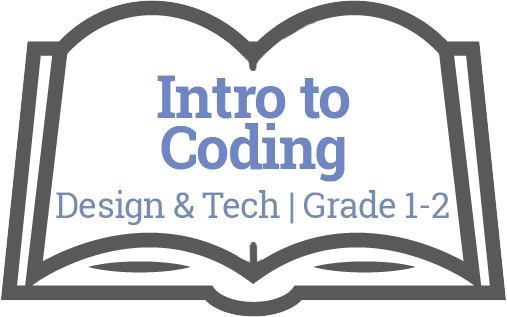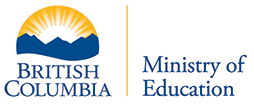
Unit Plan: I Can Code!
Introduction to Coding
Applied Design, Skills and Technology / Grade 1-2

Big Ideas
Skills can be developed through play.
Technologies are tools that extend human capabilities.
Concepts:
- Systems
- Cause/effect
Essential Questions
Students will keep considering…
- How can I express myself to achieve a goal?
Evaluative Criteria
N/A
Monitoring Progress
Formative Assessment
- Code.org progression through levels
- Teacher monitoring: partner work, group work, class work (successfully competing tasks, using appropriate vocab, etc.)
Summative Assessment
- See performance task
Resources
Websites
Other
- Paul Clarke and Justine Frazee – District Helping Teahcers for Technology
Reflection
How will teachers reflect on and evaluate the completed project?
What aspects of the unit went well?
What did students struggle with?
What did you struggle with?
What would you add/revise the next time you taught this unit?
Were there any unintended outcomes?
Were students engaged?
Downloads
Unit Overview
Subject
Introduction to Coding
Topic
Introduction to Coding
Unit Overview
Introduction to computer coding for grades 1-2.
Grade
1-2
Unit Duration
6-8 lessons
Related Big Ideas
N/A

The following resources are made available through the British Columbia Ministry of Education. For more information, please visit BC’s New Curriculum.
Big Ideas
The Big Ideas consist of generalizations and principles and the key concepts important in an area of learning. The Big Ideas represent what students will understand at the completion of the curriculum for their grade. They are intended to endure beyond a single grade and contribute to future understanding.
Core Competencies
 Communications Competency
Communications Competency
The set of abilities that students use to impart and exchange information, experiences and ideas, to explore the world around them, and to understand and effectively engage in the use of digital media
 Thinking Competency
Thinking Competency
The knowledge, skills and processes we associate with intellectual development
 Social Competency
Social Competency
The set of abilities that relate to students’ identity in the world, both as individuals and as members of their community and society
Curricular Competencies & Content
Curricular Competencies are the skills, strategies, and processes that students develop over time. They reflect the “Do” in the Know-Do-Understand model of curriculum. The Curricular Competencies are built on the thinking, communicating, and personal and social competencies relevant to disciplines that make up an area of learning.
Additional Resources
First People's Principles of Learning
To read more about First People’s Principles of Learning, please click here.
For classroom resources, please visit the First Nations Education Steering Committee.
